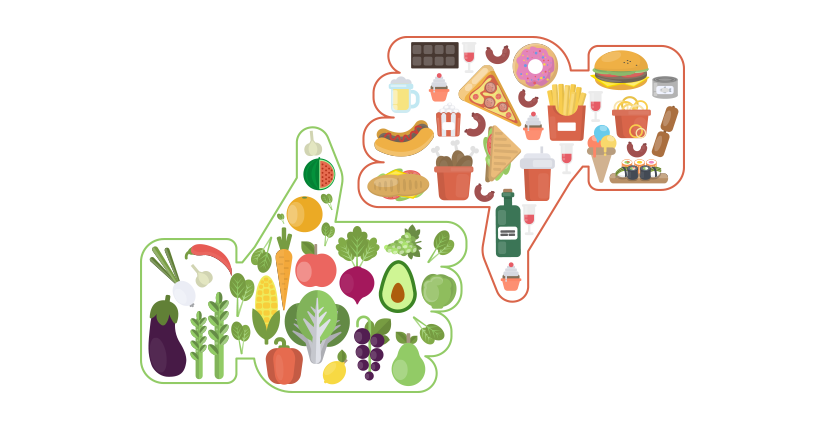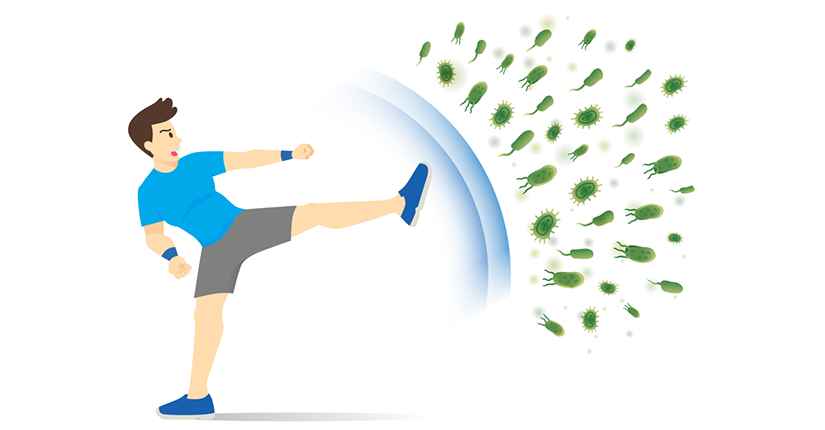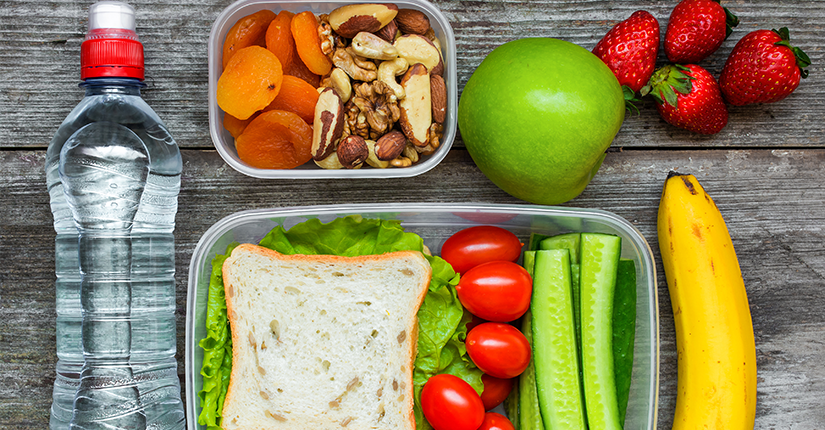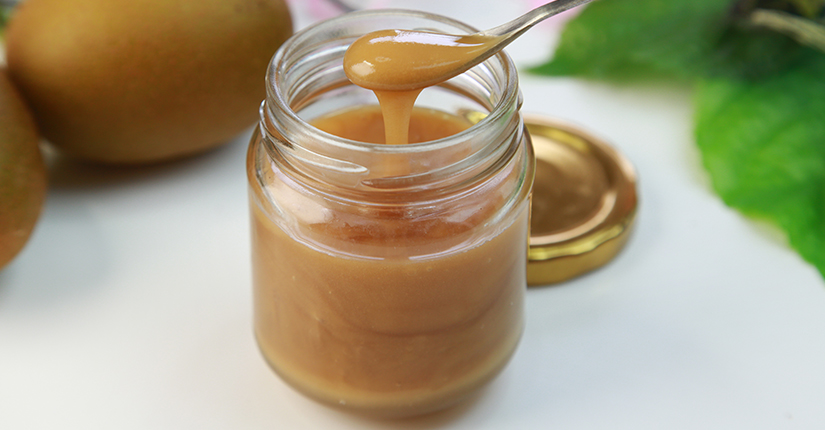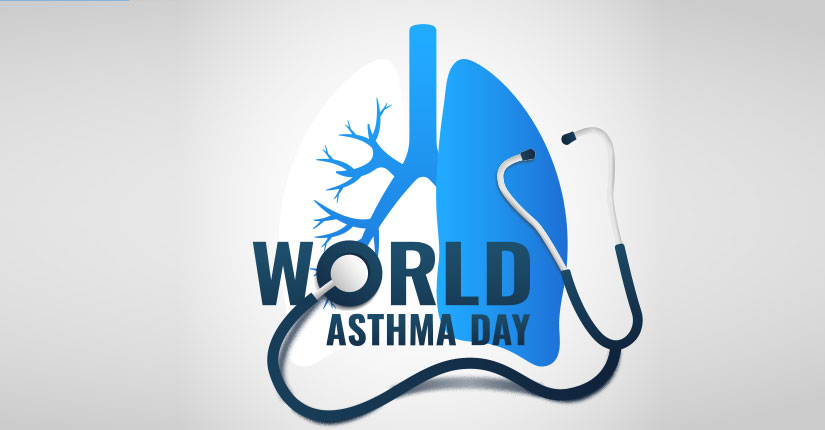Feeding Smart from the Start to Prevent Growth & Development Disorders
By: Admin Date: 05-Sep 2021 Reading Time: 5 Mins

The foods we put on our plate is one the most important factors which influence our growth, development, functional abilities, and health. Feeding the child smartly from childhood not only prevents growth and development disorders but also makes the upcoming years all hale and hearty. Right from intellectual disability to growth and hormonal problems- there are a plentiful of disorders that are prevailing amongst children and often go undetected for a long period. But with the right nutritional guidance, such problems can easily be prevented.
- Pay heed to calorie intake: Growth requires energy which is why underweight children need extra calories in order to catch up. If needed, extra calories have to be added with proper recommendations to help your child’s growth patterns get back on track, but make sure they are not empty calories, i.e. junk food. Talk to your nutritionist or healthcare provider for proper guidance for your child’s good health.
- Fuel up on macronutrients: When adding extra calories to increase growth functions, it is important to make sure those calories are coming from a healthy blend of macronutrients (carbohydrates, protein, and fat that the body needs in large quantities). Protein plays a key role in many bodily functions, including recovery and repair of tissues in the muscles, skin, organs, blood, and more. Try to add protein sources like lean meat and dairy products at every meal or with healthy snacks to meet the requirements.
- Go for an iron-rich diet: During periods of growth, the body is highly dependent on iron that helps to deliver oxygen to the body’s cells. Increasing iron intake can help to encourage growth in iron-deficient children. Include iron-rich foods like meat, eggs, seafood, beans, peas, fortified cereals, and dark leafy greens.
- Calcium & Vitamin-D is crucial: Vitamin D and calcium play important roles in the proper mineralization of bone for optimal skeletal health. Vitamin-D is very important for the body’s absorption of calcium. Deficiency of these two nutrients are common problem in children, but you can help get your kid’s levels in check by encouraging them to go for extra outdoor playtime (sun exposure bolsters levels), eat vitamin D-rich foods such as milk, dairy products, and mushrooms, and, if needed, supplementation under doctor’s supervision only. Calcium can be found in dairy products, whole grains, fish, broccoli, and kale.
- Focus on more zinc: Zinc plays a vital role in cell growth, and if children lack enough zinc in their body, deficiency can slow overall growth and may also reduce resistance to infections. Foods like beef, spinach, shrimp, or kidney beans should be added to your child’s meals, as they are all sources of zinc.
- Include protein-rich foods: Protein is vital for growth and development of every child; it serves as the raw material for building tissues, such as muscles, skin and bones. Protein is a key component of antibodies that protects the body against illness and helps keep your child’s immune system efficient. Major sources of protein include fish, milk, yoghurt, cheese, eggs, pulses, and other soy products. Try including protein-rich foods in every meal by adding a variety of healthy snacks.
Over to you:
Good nutrition and child development always walk parallel with each other. In order to save your children from nutritional deficiencies, make sure that you always pick natural and wholesome food items. Do not cut any nutrient from the diet of your kid without asking any health expert.

